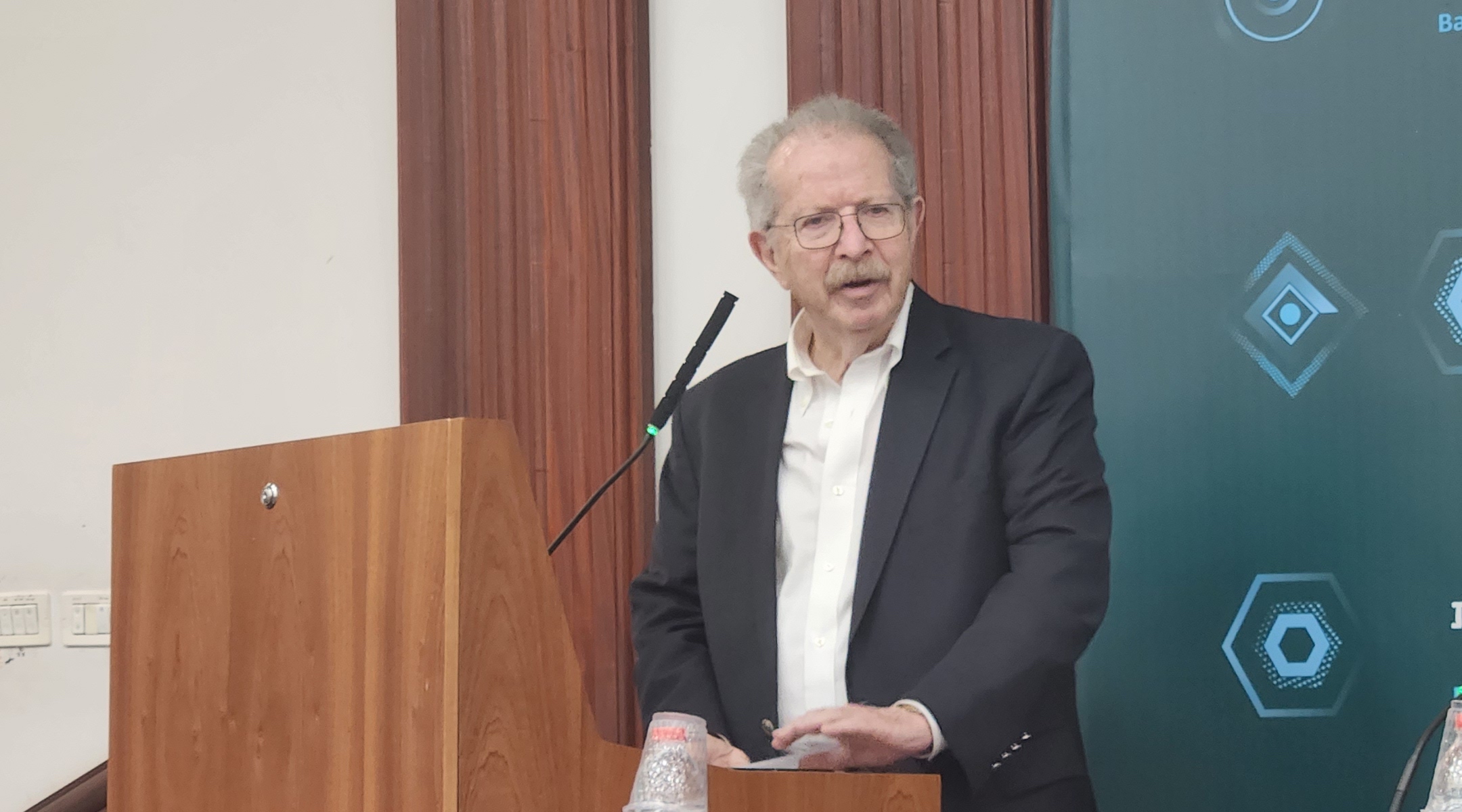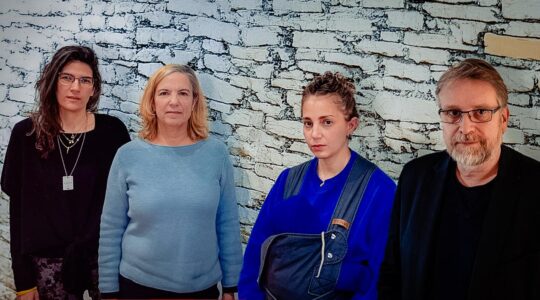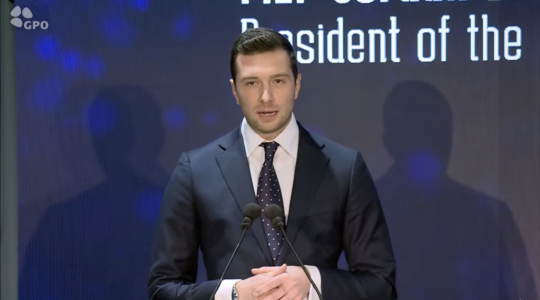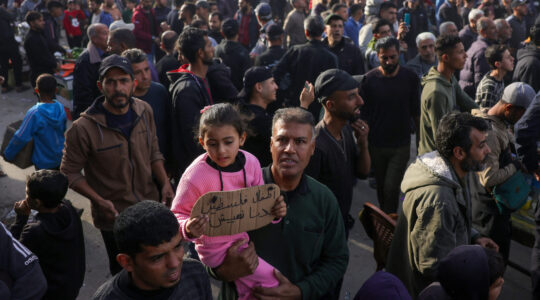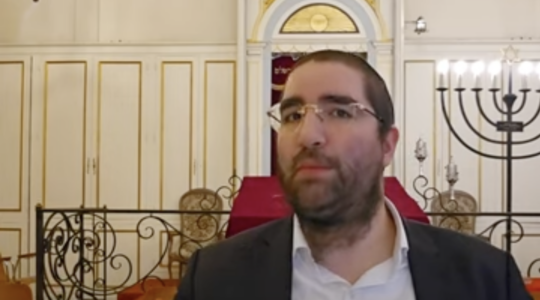(JTA) — Bulgaria’s ambassador to Israel did not attend a conference on Bulgarian Holocaust history last week, in a move that organizers said displays her government’s attempts to whitewash that history.
An embassy spokesperson told the Jewish Telegraphic Agency that Ambassador Rumiana Bachvarova had received “a last-minute invitation to greet the conference” and “decided that it was good for the conversations and discussions to remain at an expert historical level, without any political presence or participation in them.”
The three-day event, titled “Persecution and Collaboration, Rescue and Survival: New Perspectives Regarding Bulgaria and the Holocaust 80 Years Later,” was hosted by Yad Vashem, Bar-Ilan University and the Tel Aviv Cinematheque from May 22-24.
“We believe that in the future the conversations and discussions between Bulgarian and Israeli historians will continue,” the spokesperson wrote, “and will contribute to an objective and comprehensive clarification of historical events.”
This year marks 80 years since protests in Bulgaria famously thwarted the deportation of its Jewish population. But respected historians have argued that King Boris III delivered over 11,000 other Jews to Nazi camps from the Bulgarian-occupied zone, in what is today North Macedonia. It’s a story that Bulgaria doesn’t want to face, critics say.
“The gruesome unvarnished truth that it was the Bulgarian government of King Boris III — not Nazi Germany — that rounded up 11,343 Jews from Macedonia, Thrace and Pirot and knowingly sent them to be murdered at Treblinka is an ‘historical event’ that does not require ‘clarification,’ comprehensive or otherwise,” historian and attorney Menachem Rosensaft, who had delivered a keynote speech at the event, told JTA.
“By refusing to even greet the conference participants, Ambassador Bachvarova, perhaps acting under orders, seems intent on continuing her government’s obfuscation of history by studiously refusing to admit that Bulgaria has the blood of these 11,343 Jews on its conscience,” Rosensaft, also associate executive vice president of the World Jewish Congress, added via a WhatsApp text.
Event organizer and filmmaker Jacky Comforty, author of “The Stolen Narrative of The Bulgarian Jews and The Holocaust” (2021) and director of a film about how Bulgaria foiled Hitler, told JTA that Bachvarova’s approach to the history is “propaganda oriented.” He added that in Bulgarian “neo-Nazi circles” it can often be read that “Jews are not grateful that they were saved.”
Comforty said Bachvarova was previously invited to give audience feedback on a film of his about this history while it was in progress. “She said she would not come because it was an anti-Bulgarian event,” Comforty said.
“Bulgarian officials have tried to use this story” of the rescue of Jews “and they are overdrawing on their humanitarian credit,” he said.
Jacky Vidal, chair of the Jaffa-based Bulgarian Jewry Heritage House, said he had sent the invitation to the ambassador. “I didn’t hear back, and I don’t know the reason,” he said, adding that he understood she was attending a ceremony honoring the memory of Dimitar Peshev, “one of the biggest rescuers of Bulgarian Jews.”
Peshev was a pro-German politician who nevertheless intervened to prevent King Boris from deporting its Jews in 1943.
“Bulgaria does have a very laudable credit with respect to the Holocaust,” Rosensaft said. “It is a fact that 48,000 Jews from Bulgaria were not deported to the death camps and therefore survived. It is also a fact that his process was not led by King Boris.”
The rescue was, he said, initiated by Bulgarian Orthodox church bishops, Metropolitan Stephan of Sofia and Metropolitan Kiril of Plovdiv — both of whom were posthumously recognized together with Peshev by Yad Vashem, Israel’s Holocaust history authority and memorial.
In March, according to the online publication Balkan Insight, Bulgarian journalist Emmy Barouh sent an open letter to Bulgarian President Rumen Radev, saying that she feared the anniversary of the rescue of Bulgarian Jews might be “used for political purposes.”
“The names of all 11,343 people put into sealed wagons and deported to Treblinka by the Bulgarian police and army are known. The manner in which the Bulgarian soldiers and officers treated them on behalf of the state and under the Bulgarian flag is also known. The astonishing cruelty in the last days of their lives is documented. The indifference to the tragedy of those whose last life was spent under the control of the Bulgarian army and police shows a particular moral bankruptcy,” she wrote.
JTA has documented Jewish history in real-time for over a century. Keep our journalism strong by joining us in supporting independent, award-winning reporting.
